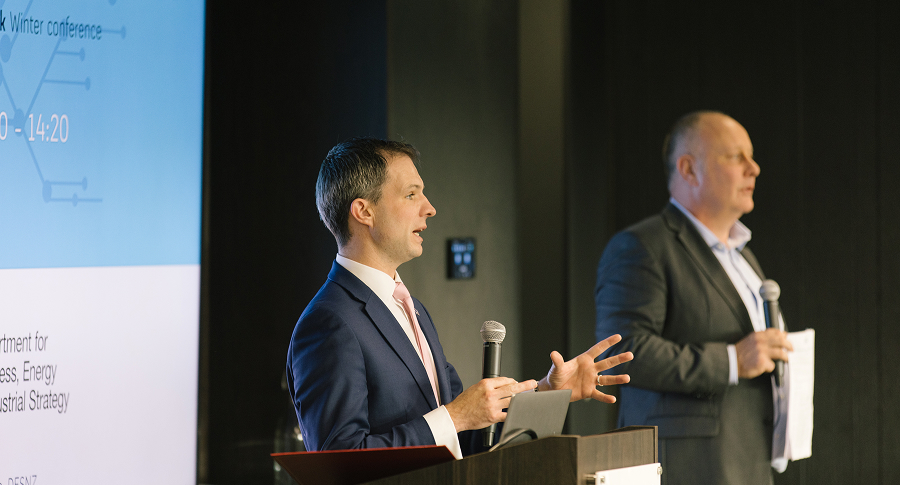Poppy Maltby, head of cities and regions at Regen, discusses the options for local authorities to procure local renewable electricity based on a feasibility assessment of the ‘Sleeving Pool’ approach for Bristol City Council.

Poppy Maltby, head of cities and regions at Regen, discusses the options for local authorities to procure local renewable electricity based on a feasibility assessment of the ‘Sleeving Pool’ approach for Bristol City Council.

From November 2020 to February 2021, Regen worked with Bristol City Council, supported by MCS Charitable Foundation, to produce a feasibility assessment exploring the concept of a Sleeving Pool to help the local authority procure local renewable electricity.
We carried out a high-level assessment of the commercial and administrative feasibility of the concept and provided recommendations about viability and issues to consider in taking this concept forward.
Local authorities are working hard to respond the global climate challenge and the UK’s transformational net zero carbon goal. By early 2020, two-thirds of UK local authorities had declared a climate change emergency. While 2020 was the year of declarations, it is important that 2021 is the year of action. Local leaders are now working through what they can and should do to tackle the climate emergency.
Many of those leaders are looking at options to locally source ‘net zero’ power to reduce the emissions of their own operations and to support the development of more local renewable energy, benefitting from the double dividend of clean growth.
Since the removal of subsidies in 2016, new renewable generation projects have faced significant hurdles to get built. Planning permission, particularly for onshore wind, can be problematic, but a bigger hurdle can be financial. With the price of wholesale power uncertain over the lifetime of the renewable energy project, many projects are unable to secure a high enough price for their power to make the project viable.
Regen has been working over a number of years exploring the potential of local supply models for organisations to source and support energy locally. A key part of this is providing a guaranteed long term price for power that enables new renewable energy projects to be built. These projects can be challenging as our national electricity markets and systems are not set up to support this ‘locally sourced’ objective.
Local authorities are, however, continuing to explore options for how they can encourage new local renewable energy projects through their own procurement and long term contracts.
Regen recently completed a feasibility study for Bristol City Council who are looking to meet this challenge through a ‘Sleeving Pool’ approach for their electricity procurement. The aim is to both secure zero carbon electricity supply for their operations and support new community owned renewable generation.
Interviews with energy suppliers conducted for the study suggested a ‘Sleeving Pool’ model has potential and the study explores the opportunities and challenges for the approach. Bristol City Council will be working through these as they look to progress towards a pilot.
At the heart of the question for Bristol City Council (and of many public sector dilemmas in the climate change space) is whether the combination of supporting new renewable local and community generation, managing future price risk and the local dividends of clean growth, can be balanced to meet the criteria of ‘value for money’ in public sector procurement.
Given the context of local climate emergency declarations, you would hope that this is something that we can increasingly answer ‘yes’ to.
Sign up to receive our monthly newsletter containing industry insights, our latest research and upcoming events.